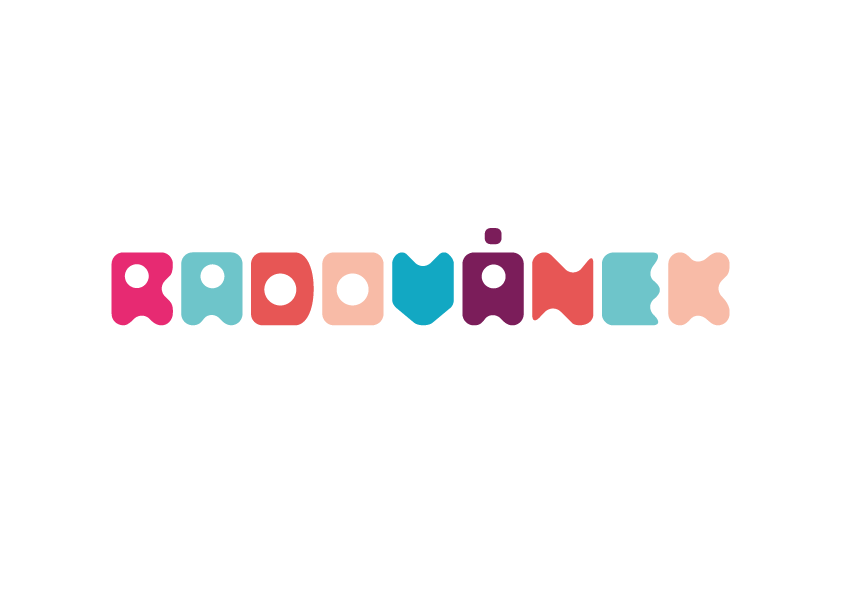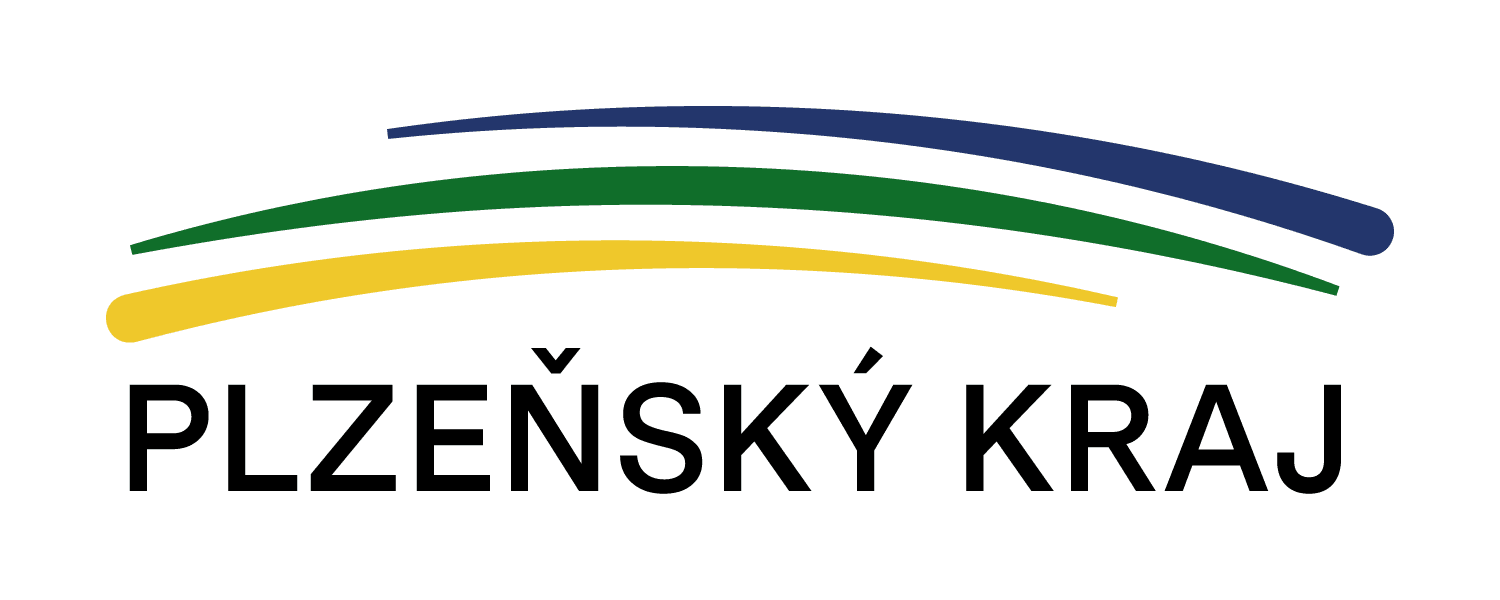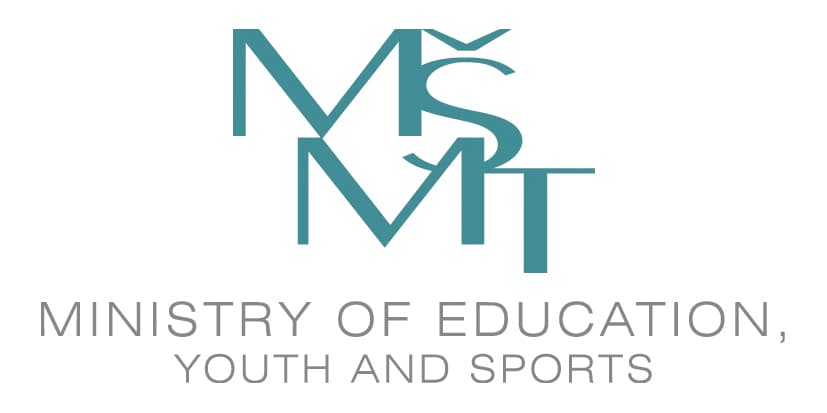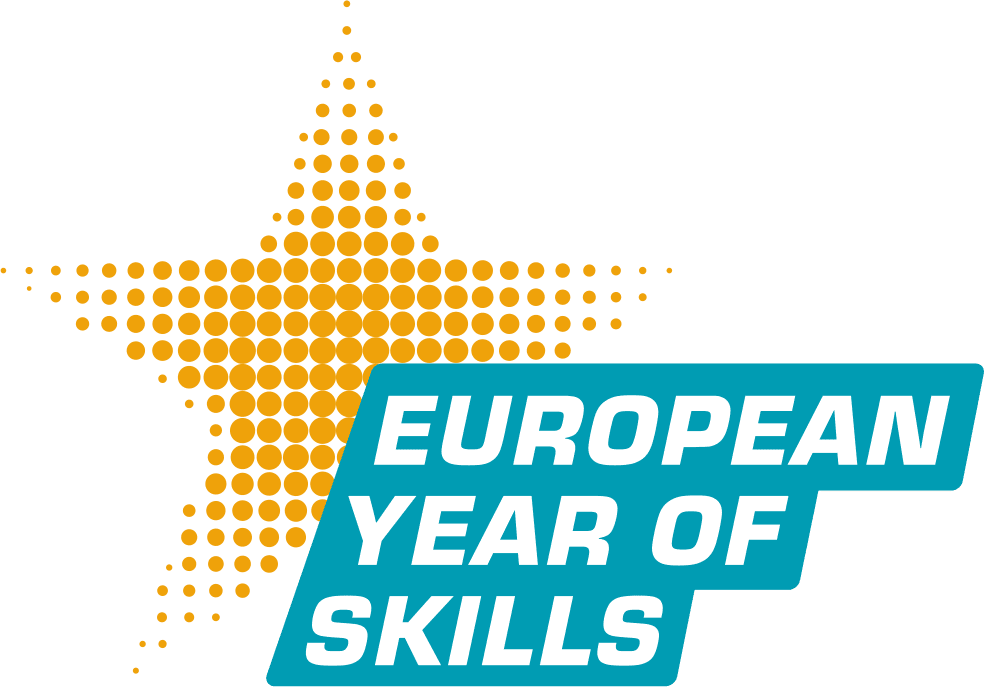Future of non-formal and formal education – outcomes of the international conference
5 reading_minutes
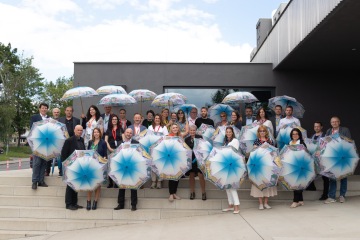
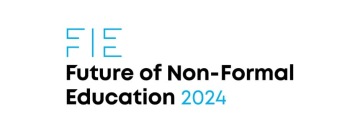
Challenges and innovations in education brought by generation Z and technology – those were the main themes of an international conference held at the Cultural Centre of the Secondary Vocational School of Electrical Engineering in Pilsen on June 12-13, 2024.
The intensive two-day program provided numerous valuable insights into the development of both formal and informal education. It also offered an excellent environment for networking and discussions on the current trends shaping the educational landscape.
This unique conference, aimed at integrating non-formal and interest-based education with formal education, was organized by the Pilsen Region, the RADOVÁNEK Leisure Center, the Ministry of Education, Youth and Sports (MŠMT), and the National Pedagogical Institute of the Czech Republic
(NPI ČR). This initiative is part of the Pilsen Region's Vision 2035 and Vision 2030+.
During a press conference preceding the event, a Memorandum of Cooperation was signed between the Pilsen Region and the National Pedagogical Institute of the Czech Republic. This agreement, signed by the Pilsen Region Governor Rudolf Špoták and NPI Director Ivo Jupa, aims to innovate the secondary school curriculum to better prepare students for a changing job market. Governor Špoták emphasized the need to shift the mindset of the educational community and to share data and tools to better respond to both current and future labor market demands.
The conference aimed to bring more relevance to the school curriculum by connecting it with the immediate environment and the lives of young people. Kamil Ubr, Director of the General Education Curriculum Department at NPI, highlighted the importance of involving external organizations to enrich students' learning experiences, such as through interactions with local experts or visits to museums and ecological centres.
Participants engaged in interactive workshops and discussions, exchanging ideas with educators and talented students from the Pilsen Region. The conference emphasized the need for personalized education approaches to prepare students for future job markets and societal changes. Eva Tischlerová, Director of the RADOVÁNEK Leisure Center, expressed the region's commitment to inspiring and connecting educational stakeholders to achieve common goals and strengthen shared values beyond statutory obligations.
The second day of the conference featured international speakers who shared their perspectives and experiences. Martin Landgren from Sweden discussed effective learning solutions based on visualization and experiential learning. Albena Spasova from Bulgaria highlighted how cutting-edge tools and methodologies can enhance learning in a digital age while supporting mental health and well-being. Balazs Koren from Hungary emphasized that AI will not replace teachers but can aid in improving digital education skills and fostering safe internet practices.
A key takeaway from the conference arises form students and their wishes and needs; representatives of the students’ parliament came up with a list of topics, that should be further elaborated within the curriculum. These topics are media literacy, financial literacy, sexual education, and mental health education. Such addition reflects a broader need to adapt educational content to better prepare students for the complexities of modern life and work.
Lenka Crouchley
Conference outcomes from our speakers
Video recording of presentations.
Meet GEN Z: Who they are and why they matter.
Understanding the generation Z: The key to the future of education and employment.
Hana Dux Blažková, Ph.D.
(Faculty of International Relations, Prague University of Business)
Data is new gold.
Albena Spasova
(EdTech Cluster Bulgaria, Digital wellbeing expert, Bulgaria)
Power of learning.
Martin Landgren
(Celemi, Sweden)
Balazs Koren
(EdTech Coalition Hungary)
Presentation (to be added)
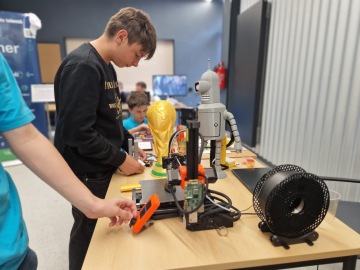
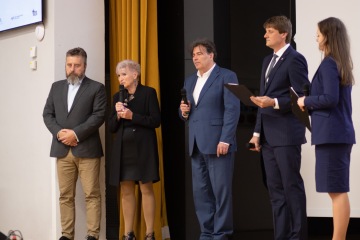
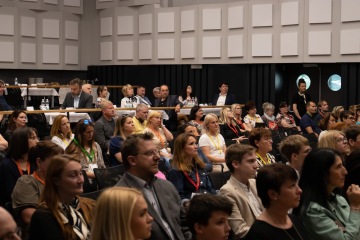
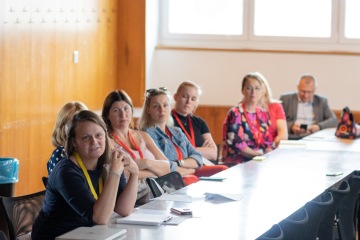
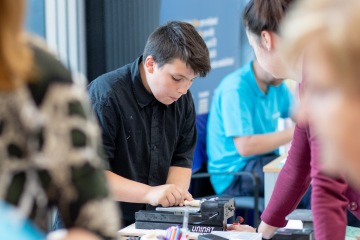
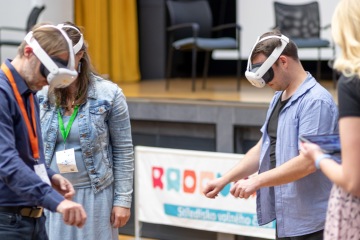
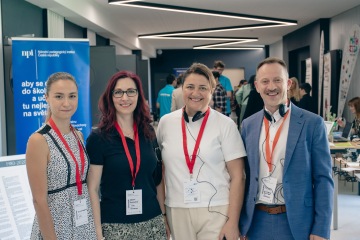
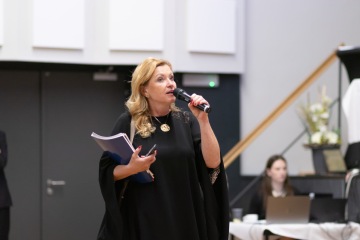
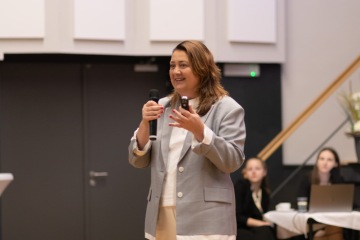
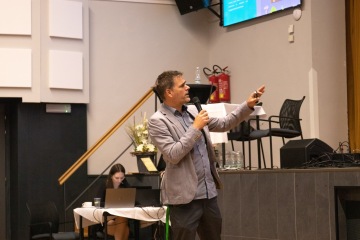
NPI ČR and #EuropeanYearOfSkills

